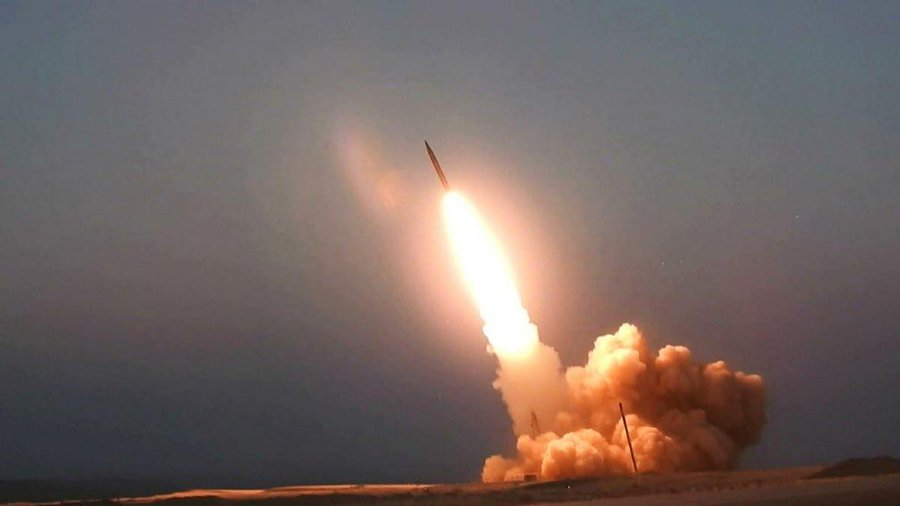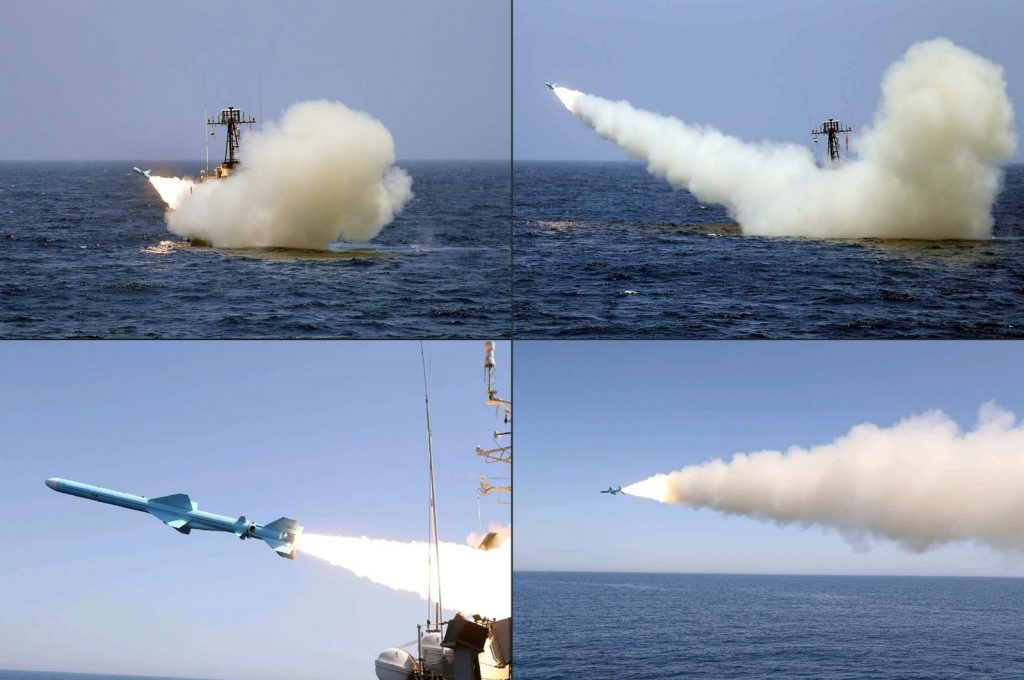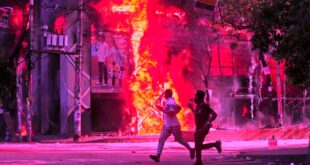Special Desk
Iran’s paramilitary Revolutionary Guard is reported to have fired cruise missiles during a major military exercise across country’s southern part.
Five cruise missiles are said to have been fired and an unspecified number of attack drones successfully hit their targets, according to media reports.
The Guard in the past has said it has cruise missiles with ranges of 1,000 kilometers (620 miles). It also has missiles that range up to 2,000 kilometers (1,250 miles), more than enough to reach archenemy Israel and US military bases in the region.
The five-day annual exercise that began on Monday came days after the breakup of talks to revive Tehran’s nuclear deal with world powers. Iran has accelerated its nuclear advances as negotiations to return to the accord struggle to make headway.

Israel has repeatedly threatened unilateral action against Iran’s nuclear program. As the military exercise kicked off Monday, a top Iranian commander threatened that any Israeli strike will draw an Iranian response that targets all elements of the infrastructure used in the attack, an apparent reference to the range and accuracy of Iran’s missiles.
In 2018, then-US president Donald Trump pulled the United States out of the nuclear deal, claiming it was too weak and didn’t address Iran’s missile development, and re-imposed crushing sanctions on Iran.

Iran insists that its nuclear program is peaceful. But the country’s steps away from its obligations under the 2015 accord, known as the Joint Comprehensive Plan of Action, have alarmed Israel and other world powers.
US in October hit Iran’s drone program with sanctions, saying lethal unmanned aerial vehicles from Iran’s Islamic Revolutionary Guard Corps had been used to attack US forces and international shipping in the Gulf region. Israel was said to have provided intelligence to the US on the drone program.
Iran has the largest and most diverse ballistic missile arsenal in the Middle East. Most were acquired from foreign sources, notably North Korea. Iran is still dependent on foreign suppliers for some key ingredients, components and equipment, but it has the technical and industrial capacity to develop long-range missiles, including an Intercontinental Ballistic Missile, or ICBM.
The military utility of Iran’s liquid-fuel ballistic missiles is limited because of poor accuracy, so these missiles are not likely to be decisive if armed with conventional, chemical or biological warheads.
 Jubilee Post News & Views
Jubilee Post News & Views





